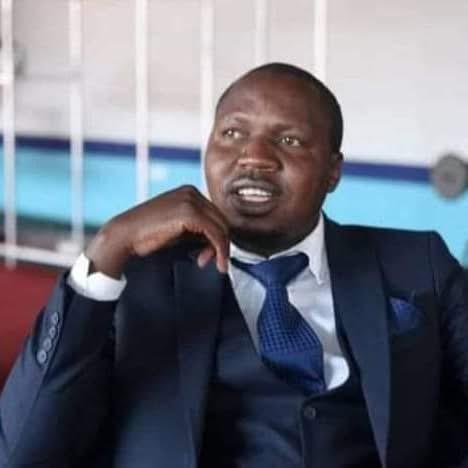GOVERNMENT and the End Malaria Council (EMC) have joined forces to combat malaria.
Zambia remains a malaria-endemic country with alarming rates of incidence and mortality.
Despite the significant efforts to control the disease, the country has failed to curb its devastating impact, contributing to 1.5 percent of global malaria cases and 1.4 percent of global malaria-related deaths, as well as carrying an estimated 7 percent of the malaria case burden in East and Southern Africa, marking an increase from the previous year.
In March 2019, Zambia established its inaugural End Malaria Council (EMC), a high level, multi-sectoral body comprised of government, business and community leaders tasked with mobilising resources to combat malaria and sustain elimination efforts.
The council was launched to bolster the nation’s existing National Malaria Elimination Programme by bringing together influential stakeholders across various sectors to share expertise, allocate resources, and develop innovative solutions that could effectively tackle the endemic malaria crisis.
Yesterday, EMC paid a courtesy call on Information and Media Permanent Secretary Thabo Kawana.
EMC chairperson for resource mobilisation Petter Cotton, emphasised the overarching goal of EMC, which is to eradicate malaria by 2030 through a combination of preventive and curative measures.
Cotton expressed grave concern over the high mortality rate associated with malaria, noting that the disease claims four lives everyday in Zambia.
To tackle this alarming statistic, he highlighted the need to increase public awareness about the disease and the importance of preventative measures.
According to Cotton, consistent behaviour change, coupled with the widespread distribution of mosquito nets, is paramount to successfully reduce the malaria burden in Zambia.
He highlighted that during the previous year, 11.5 million mosquito nets had been distributed to households, resulting in a significant decrease in malaria cases.
“The council seeks to sign a Memorandum of Understanding with government to promote malaria messaging across its networks and engage public and private media,” said Cotton.
Meanwhile, Kawana asserted that government, through his ministry would continue to support the EMC’s efforts by disseminating accurate information on malaria prevention and control through various media outlets, including public and media channels.
He urged the EMC to leverage these platforms to amplify their messaging and reach a wider audience.
By Sharon Zulu
Kalemba August 14, 2025





